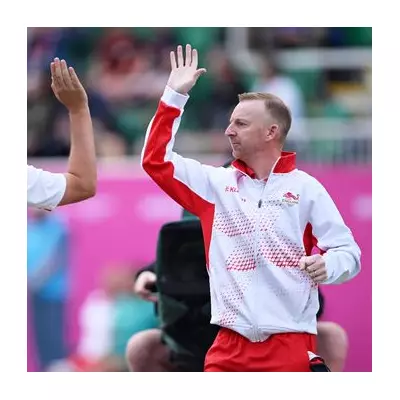
Former Premier League star Anton Ferdinand has spoken candidly about the lasting trauma caused by the 2011 racial abuse incident involving ex-England captain John Terry, admitting it fundamentally altered the course of his life and career.
In a powerful new interview, the 38-year-old defender revealed how the high-profile case - which saw Terry found guilty by the FA of using racist language towards Ferdinand during a match - continues to affect him over a decade later.
The Match That Changed Everything
The explosive incident occurred during QPR's clash with Chelsea at Loftus Road, when Ferdinand alleges Terry directed racial slurs at him during the heated London derby. While Terry was acquitted in court of racial abuse charges, the FA later banned him for four matches and fined him £220,000.
'That moment didn't just change that game - it changed my entire life,' Ferdinand confessed. 'Suddenly I wasn't just a footballer anymore. I became the face of this massive conversation about racism in sport.'
Career Fallout and Personal Toll
The former West Ham and Sunderland player described how the controversy overshadowed his playing days, admitting: 'I lost the love for the game after that. Everywhere I went, that's all people wanted to talk about.'
Ferdinand revealed the psychological toll extended beyond football, affecting his mental health and family relationships. 'It wasn't just about me anymore. My mum was getting abuse in the street. That's when you realise how deep these things go.'
Football's Ongoing Battle With Racism
Now working as a pundit, Ferdinand believes football still hasn't done enough to combat racism. 'We see players taking the knee, but what's actually changed? The punishments need to be stronger, the education better.'
His comments come as the Premier League faces renewed scrutiny over its handling of discrimination cases, with several high-profile incidents occurring in recent seasons.
Ferdinand concluded: 'I'll never forget what happened, but I hope by speaking out now, we can make sure future generations don't have to go through the same thing.'





